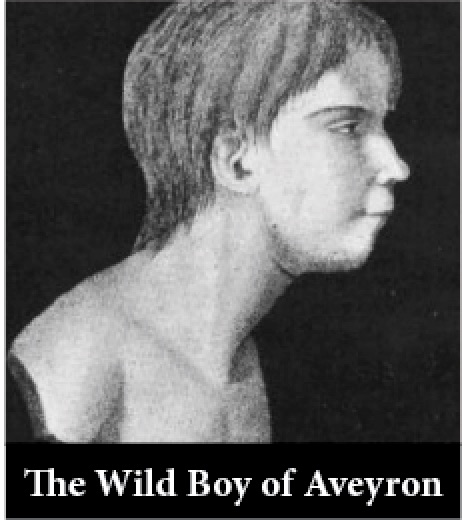
Many people think that post secondary education is the most important component of our education. However, cognitive science has revealed that it’s during our earliest years that we develop the intellectual tools that we need to acquire the skills and knowledge needed throughout life.
Early Brain Growth
An evolutionary asset of the human brain is its adaptability. About 4 weeks after your parents enjoyed a few moments of sexual passion, a neural plate began to form at one end of the fetus that would become you. As this neural plate expanded, it sent brain cells, called neurons to different parts of your evolving brain to perform specific functions. (An excellent video showing this development is accessible at https://www.youtube.com/watch?v=ZWACm6BkDVo)
In the months that followed, your brain was producing up to one quarter of a million neurons every minute, so that 6 months after conception, your brainstem was able to control your breathing, heart rate, and blood pressure. It was in the final three months of your gestation that your prefrontal cortex, the part of the brain responsible for your higher order thinking skills, began to develop. By the time you emerged from your mother’s womb, your brain contained about 100 billion neurons ready and waiting to connect with each other in response to the sensory experiences of your infancy. During your first two years on the planet, the neurons in your brain connected, in what are called synapses, at the rate of about 2 million per second, so that by age 2, your brain had about 100 trillion synapses–twice the number you have now.
Neural Pruning
Unable to sustain the biochemical reactions across all these synapses, your brain entered a stage known as neural pruning, removing the synapses for which there was little use. Your brain was fine-tuning itself to function effectively in the environment into which you were born. So much in this early stage of your brain development determined who you are today.
In the years following infancy, your brain continued to restructure itself in accordance with environmental stimuli. Early demands for certain types of cognitive tasks such as, learning a language or counting, played a role in determining which cognitive capacities would become most highly developed. Stanford University neurologist David Eagleman observes:1
In a sense, the process of becoming who you are is defined by carving back the possibilities that were already present. You become who you are not because of what grows in your brain, but because of what is removed.
The Wild Boy of Aveyron
Around 1797, three hunters near Saint-Sernin-sur-Rance in France sighted a young pre-pubescent male sprinting through the woods. They gave chase and captured him when he attempted to escape by climbing a tree. The feral youth was brought into town where a widow took him into her home. Since he was unable to speak and showed the kind of social detachment that we associate today with autism, no one was surprised when he escaped back to the woods. However, there were reported sightings of him by villagers during the next two years until, on January 8, 1800, at an estimated age of 12, he emerged from the woods and came into the village.
After a series of informal adoptions and escapes, the strange “wild boy of Aveyron,” later named “Victor,” encountered a young medical student, Jean Marc Gaspard Itard, who housed him and set about teaching him to speak. Though Victor showed some progress in acquiring language, he was unable to read more than a few simple words, and he never reached a level where he could communicate beyond basic grunts.
Genie
A similar case arose in 1970, when a girl nicknamed, “Genie” was found imprisoned in a Los Angeles home. She had been confined from birth to a locked room and subjected to beatings whenever she made a noise. The only sounds she heard were muffled by the confining walls of her prison. When rescued at age 13, it was discovered that she had no speech capability. Four years of speech therapy and sign language training enabled her to develop a very limited vocabulary, pairing words with objects, but she could not formulate sentences. The deprivation of speech stimulation had resulted in a neural pruning that removed her capacity for language. Even years of rehabilitation, could not repair the irreversible damage done by her sensory deprivation.
The stories of the wild boy from Aveyron, Genie, and others confirm that we humans are born without a priori knowledge and acquire language and understanding only through everyday experience or sensation. While our capacity for learning language is innate, that learning must be achieved within the time window prior to adolescence, otherwise the window for speaking and understanding language is lost forever. Early stimulation of linguistic, mathematical and reasoning skills equip us for learning sophisticated concepts during our later adolescent and adult years.
1. The quote is on page 7 of Eagleman, David. 2015. The Brain: The Story of You. New York, NY: Vintage Books.
2. Some of the material in this post is taken from Intelligence, IQ & Perception at https://www.intelligence-and-iq.com/intelligence-iq-perception/
